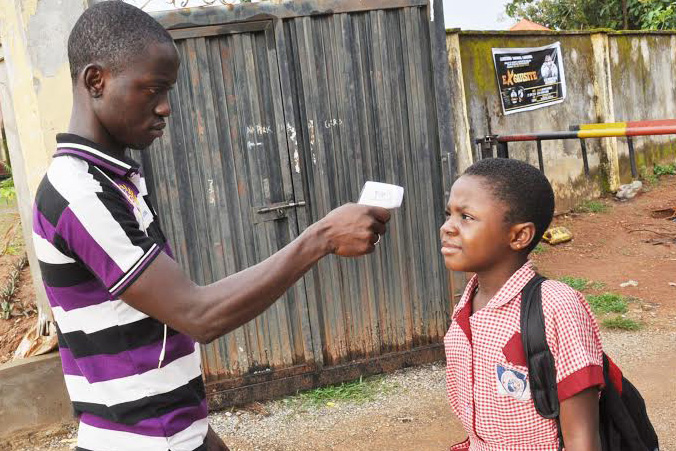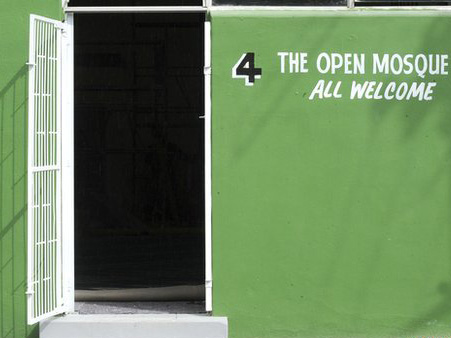The US government says between 550,000 and 1.4 million people might be infected with Ebola in West Africa by January.
This is considered a grim report, especially as countries such as Nigeria and Senegal have contained the virus disease.
But the US Centers for Disease Control and Prevention (CDC) said its projection was based on data from late August.
Since it did not take into account a planned US mission to fight the disease, CDC said the upper end of the forecast (1.4 million) was unlikely.
Advertisement
Reuters reports that the forecast followed research by experts from the World Health Organization (WHO) and Imperial College, which estimated that 20,000 people risked infection within six weeks ─ months earlier than previous forecasts.
It warned that the disease might become a permanent feature of life in West Africa.
The worst Ebola outbreak on record has already killed over 2,800 people – more than the combined total of all previous outbreaks.
Advertisement
The disease has marched across much of Guinea, Liberia and Sierra Leone, killing dozens of health workers and crippling economies recovering from years of conflict.
Outbreaks in Nigeria and Senegal appear for now to have been contained.
But nations across the region fear contagion and, against expert advice, have shuttered borders and restricted travel, complicating international efforts to fight the disease.
“I am confident the most dire projections will not come to pass,” CDC director Dr. Thomas Frieden told reporters.
Advertisement
The worst-case scenario assumes that there are 2.5 times the number of recorded cases, currently at 5,864.
“A surge now can break the back of the epidemic,” Frieden said.
“If you get enough people effectively isolated, the epidemic can be stopped.”
Amid complaints from aid workers and regional leaders that the world was doing too little, US President Barack Obama last week announced plans to send 3,000 troops to build 17 treatment centers and train thousands of healthcare workers.
Advertisement
The US move has been welcomed, but it was accompanied by calls for other nations to follow suit, since the disease was still spreading faster than the moves being made to contain it.
Advertisement





